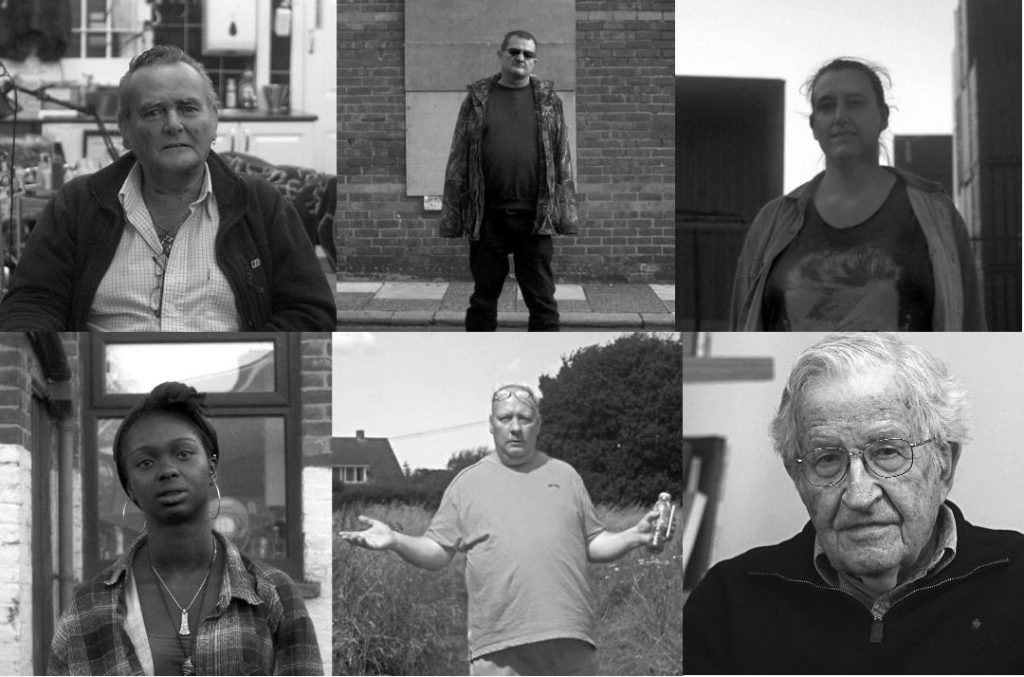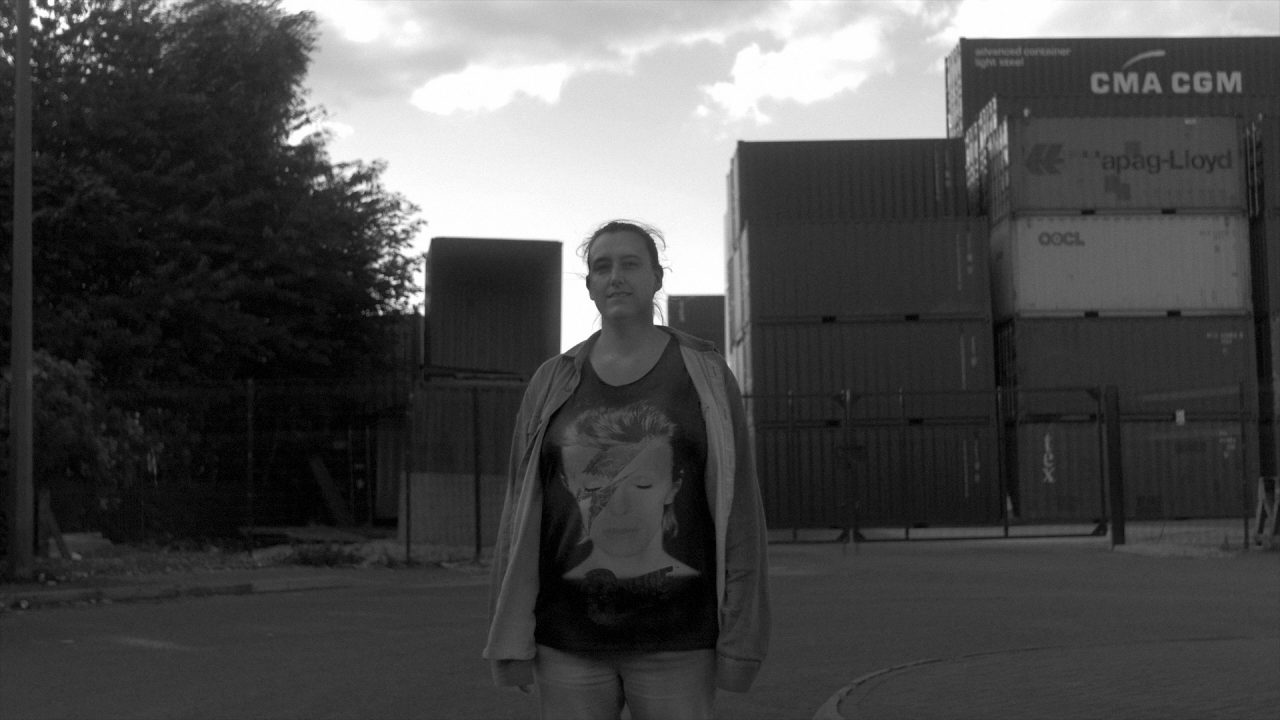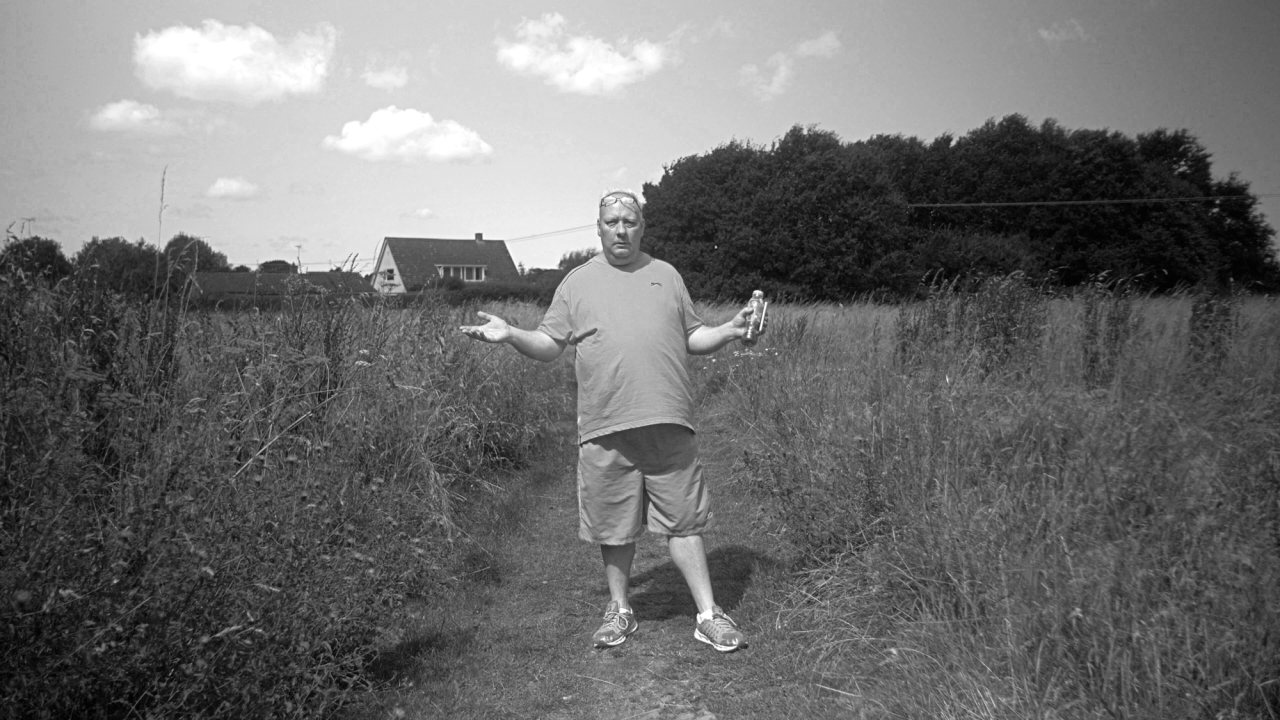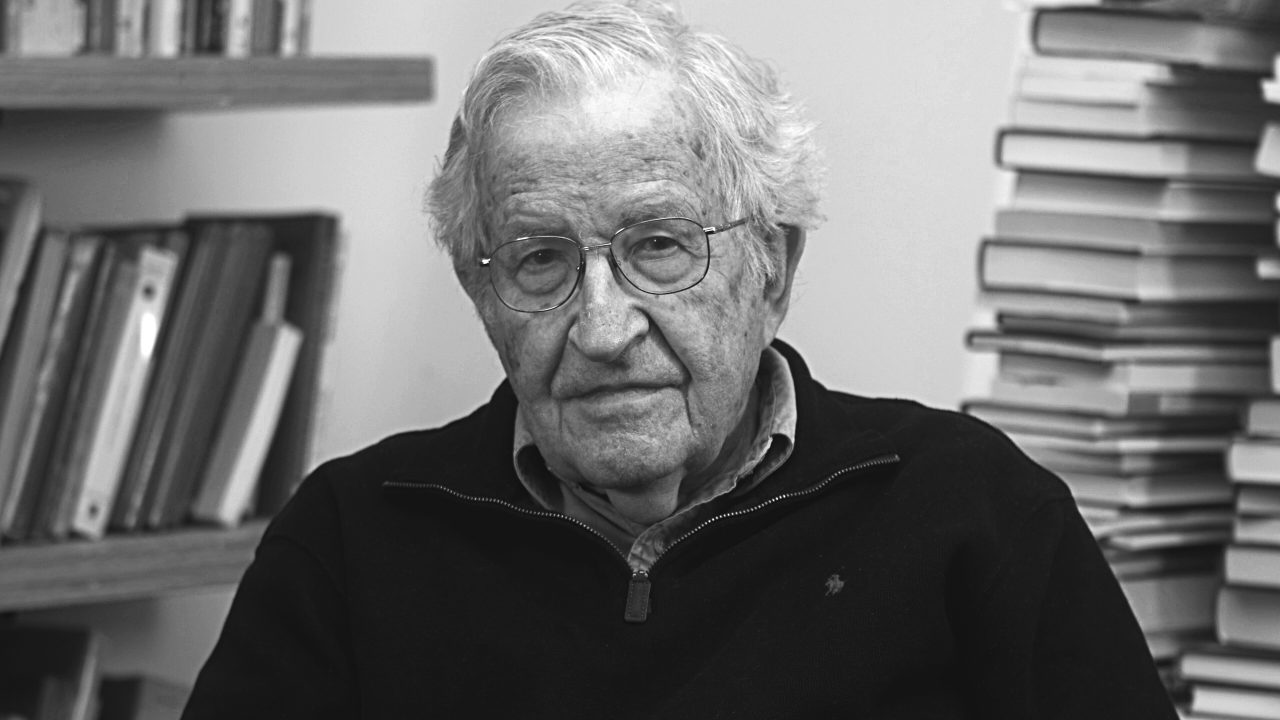If there’s anything this country learnt from Brexit, it’s that we should probably spend a bit more time hanging out with people who disagree with us. Because it seems like when it comes to knowing what ‘Britain’ is, and what it needs, we’ve been burying some quite serious differences of opinion for much too long.
Five days after the Brexit vote, Australian filmmaker Timothy George Kelly set out to try and hear as many of those opinions as possible. The result is Brexitannia, the first full-length documentary feature film about Brexit and beyond.
“I was working on a film about people on zero-hour contracts,” he said in an interview with the Yorkshire Post. “Then out of nowhere – like almost every other millennial that lives in London – I was blindsided by the Brexit result… as a filmmaker existing in the biggest political moment of my life, I had to start thinking about what I could do.”
Thinking back to the Brexit campaigns, I for one don’t remember hearing much of real people’s voices, experiences and perspectives from across the country. I heard political speeches and economic arguments, pundits and forecasters debating the relative pros and cons of the EU regulations and painting scenarios of what Britain would ‘look like’ in or out.
But what was missing – and what is so often missing from the way we talk about politics and economics – is a productive and respectful platform to discover how the people we share a country with, but rarely speak to, really feel about the issues we’re voting on as a collective. Brexitannia is about filling that gap.
Kelly’s film features a group of people more diverse than most of our social circles will probably ever be: a fisherman from Cornwall frustrated at unfair deals on fishing profits, a UKIP voter from London determined not to trust the media and draw her own conclusions about what Britain needs, a working class Remainer from Newcastle attempting to convince her staunchly Leave-voting family that ‘neoliberalism’, not immigrants, is to blame for the problems Britons face; a farmer from Northumberland frustrated with EU regulation whose “heart said out but [his] head said in”; a second generation Ghanaian immigrant from Manchester conscious of how her parents' stricter views on people taking money from the state don’t quite sit with her.
If you’ve been talking with friends or family about Brexit in the past year, a lot of the issues that the people in Brexitannia bring up will be pretty familiar: jobs, control over our laws, control over our borders; resources, inequality, and a resentment that Britain gives more than it gets.
“Before we went into Europe, we were the second richest country in the world,” said one man, from Dereham. “All we ever do in this country is give, give, give, give. When we were in the EU, Poland’s economy and factories is thriving yet we’re still giving them millions and millions of pounds. Every time something happens in the world Britain helps out. Well, why should we? No-one ever helps us.” Eddie, who runs a tattoo shop in Durham, said: “Other countries used to rely on us. Now we rely on other countries.”
But what sticks out the most from these interviews is the sense that people just don’t feel valued – in relation to the EU, but also in politics and economics as a whole. “The nation has been alienated from each other for a long time,” says Kelly in the Post. “You have people living in different social and cultural stratospheres that don’t recognise one another... And there are those who felt they didn’t have a voice and weren’t being listened to by politicians and suddenly Brexit changed all that because they could have their say.”
A lot of the frustration is just about wanting respect and involvement in whatever decisions are being made about the economy, whether it’s how to deal with automation, immigration, or anything else. “We’re just sick to the back teeth of politicians turning around and saying we disagree with them because we don’t understand. The message is no, we do understand, we’re sick of your arrogance,” says one man. “I thought that would show the politicians who thought we were a stupid bunch of shopkeepers that we’ve got a mind,” another lady says.
The second part of the film features a group of ‘experts’ – sociologists, economists, political commentators – sharing their more zoomed out ideas on what they think led to Brexit. They’re pretty complex, but the basic premise is that it’s all got to do with the way our economies are organised: power concentrated in the hands of a few, low productivity, the influence of business and finance.
Of course, the experts come with their own politics, so their interpretations are just one way of understanding the whole thing – it’s a shame we don’t hear their personal perspective as well as their more distanced analysis. It would be interesting to know how a conversation between interviewees and experts might have gone – whether they’d feel like the experts had got their analysis right, or whether they’re still misunderstanding the very roots of people’s economic concerns and worries.
But this was about giving individuals a space to speak – right down to the way it was shot. “I only 100% made the decision on the single camera wide shot on the very first interview there. I could have shot with a second camera for close-ups – I had one and another tripod ready but my stomach had made up its mind,” said Kelly for Sheffield Doc Fest. “It gives a huge amount of space, and the distance gives a lot of honesty to it…”
And in a way, that’s what makes this film so valuable. First and foremost, it’s an opportunity for people to talk, and people to listen. Perhaps if we found more time for the kinds of conversations and reflections Kelly teases out in the film, in the way we talk about the economy and politics overall, we’d learn some surprising things about the way we think as individuals, communities, and ultimately, as a country… maybe even before we head to the polls.
Brexitannia is available to to stream on iTunes. Click here to rent (£5.49).







